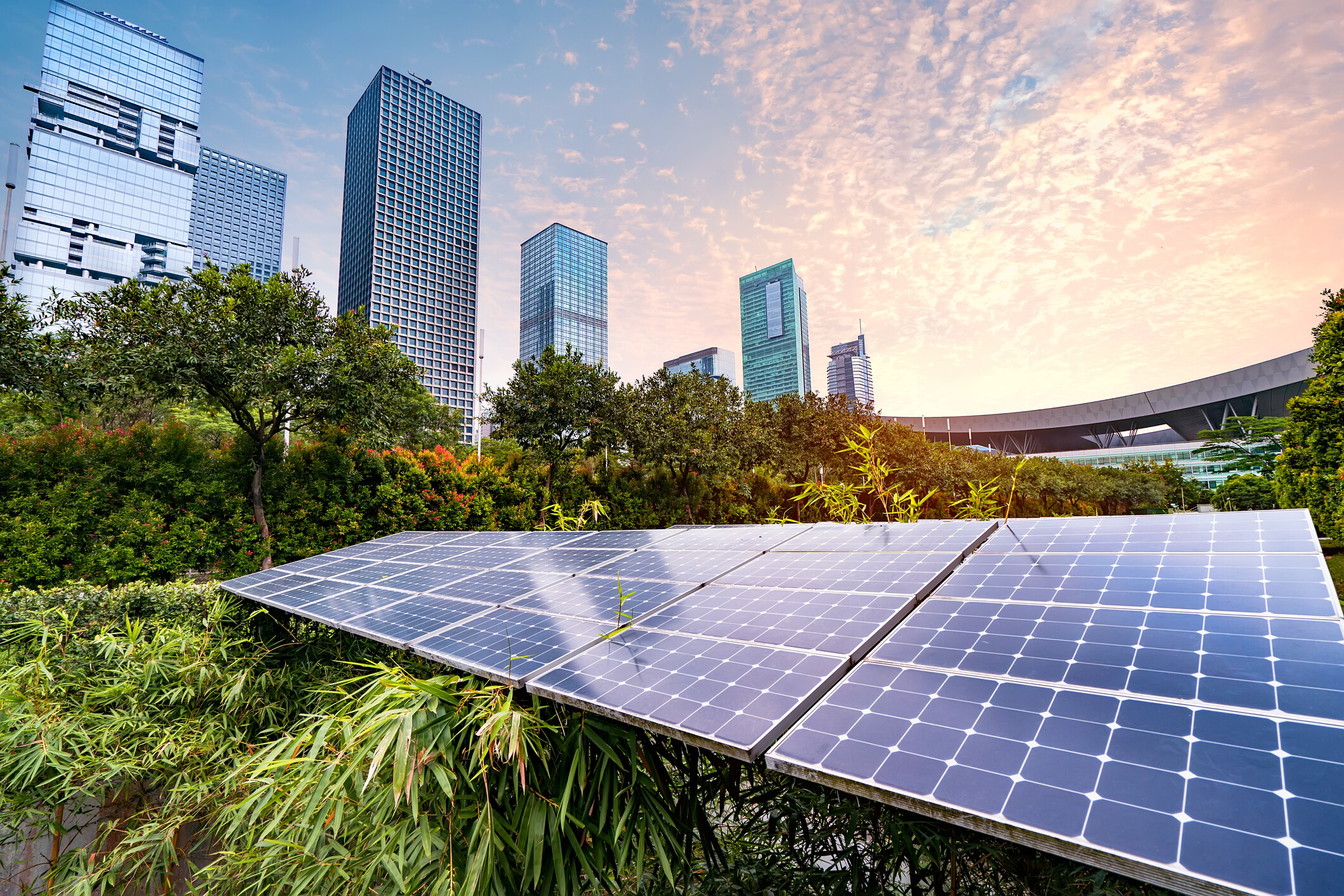Here's how consumption will change over the next decade

The over-65s are spending more money than younger generations.
Image: REUTERS/Darren Staples
Stay up to date:
Future of Consumption
The emerging technological advances of the Fourth Industrial Revolution are giving us a glimpse of what the world of 2030 could look like and the immense changes that consumption patterns will undergo. As with any change on the horizon, this brings with it both intriguing possibilities and cause for concern.
Changes in consumption patterns have a substantial effect on business models, employment and ultimately our society. Businesses are quickly moving forward to ensure they are incorporating new operating models and ways of addressing consumer needs and expectations with new technology.
Some of the technological advancements are already changing the game profoundly, and consumers are adapting rapidly, especially to innovations that enable them to do more with their time and remove frustrations from everyday life. We believe the consumer is at the centre of any change and needs to be the starting point for considering how the patterns of consumption will evolve.
What groups of consumers will have the most substantial impact in 2030?
The proportion of consumers aged 65 and over is rising in many countries. According to the United States Census Bureau, growth of the world’s older population will continue to outpace that of the younger population over the next 35 years.
In the US, this population is projected to nearly double over the next three decades, and they are spending more money than younger generations. This group of consumers is often overlooked by brands, yet the needs of this segment offer opportunities. Technology such as robotics and the internet of things will generate new products and business models well suited to this group, and benefit society in the process.

A new direction for consumption and production
Shifting values, expectations and motivations around culture, community and environment will continue to have an impact on consumption habits and patterns. While the development of disruptive technologies will bring about abrupt changes in consumption patterns, we need to ensure they fit in with those shifting values.
The exponential effects of these changes across society highlight the importance for businesses, communities and governments to collaborate. Consumption is directly related to economic health. How will jobs and tasks change? How will the future of work shape the consumer’s spending power? How can we ensure responsible consumption and economic growth?
Solutions that we bring forward will have to encompass broad, multilateral thinking, and work for the planet, as well as all the people on it. We need to think differently about energy, product design, supply and distribution, to ensure that the good we do at one end, doesn’t cause harm at the other.
Don't miss any update on this topic
Create a free account and access your personalized content collection with our latest publications and analyses.
License and Republishing
World Economic Forum articles may be republished in accordance with the Creative Commons Attribution-NonCommercial-NoDerivatives 4.0 International Public License, and in accordance with our Terms of Use.
The views expressed in this article are those of the author alone and not the World Economic Forum.
Forum Stories newsletter
Bringing you weekly curated insights and analysis on the global issues that matter.
More on Sustainable DevelopmentSee all
Christopher Fabian and Aya Miyaguchi
April 8, 2025
Robert Opp and Keyzom Ngodup Massally
April 4, 2025
Sophia Otoo and Cynthia Rayner
April 2, 2025
Fredy Vargas Lama
March 28, 2025
Reema Nanavaty and Prerna Saxena
March 25, 2025
Denise Rotondo, Emily Bayley and Vijay Bains
March 24, 2025





